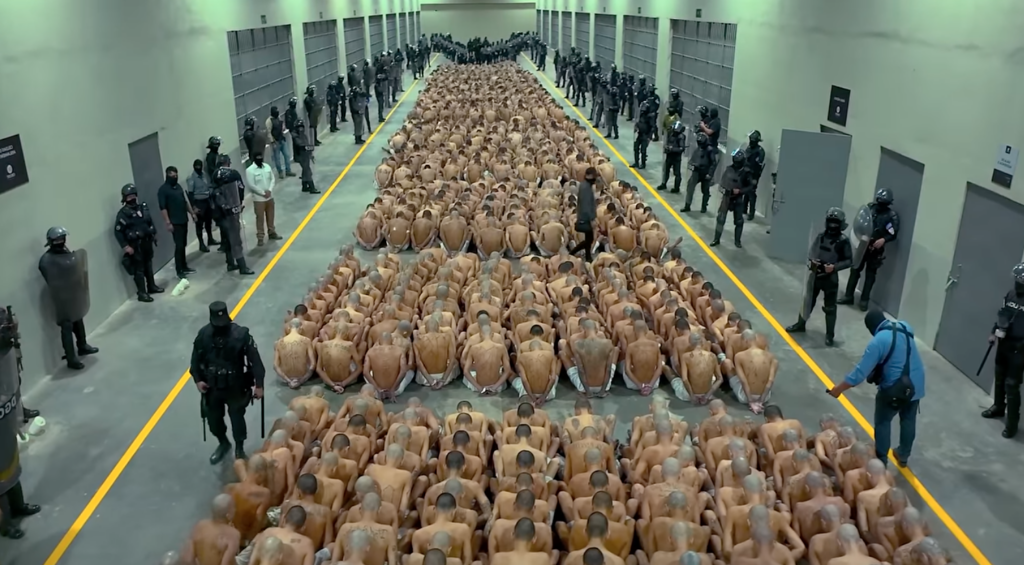Trump Defies Second Court Order — Black Saturday Crisis Escalates

Black Saturday: The Day Democracy Ceased to Function
Saturday, March 15th, 2025, may have seemed unremarkable to most Americans.
But history will remember it as Black Saturday—the day the United States ceased to function as a constitutional democracy.
A federal judge issued a lawful court order.
The President refused to comply.
No appeal. No enforcement. No institutional response.
The judiciary was defied—and nothing happened.
This was no routine conflict. It was a constitutional orphaning—a power vacuum exposed in real time.
For the first time in modern history, a sitting president ignored a federal ruling without consequence.
The presidency, unbound by consequence, slipped outside the law.
Trump didn’t announce the end of the Constitution.
He demonstrated it.
Quietly. Deliberately.
The Rubicon Was Crossed—And Nothing Stopped It
This wasn’t erosion.
It was erasure.
The moment metastasized.
The judiciary became a suggestion box.
The system didn’t resist—it adapted.
Not to law, but to power.
Black Saturday wasn’t just an isolated incident.
It was a line crossed with no return.
The Courts Speak—And Are Ignored
On April 16, 2025, Judge James Boasberg found probable cause that the Trump administration committed criminal contempt by defying the March 15 court order.
Individuals were transferred into Salvadoran custody despite an explicit judicial ban.
While the Supreme Court vacated the order on procedural grounds, it affirmed the core right: detainees are entitled to habeas relief before deportation.
The constitutional violation was real—and now judicially confirmed.
Yet no compliance followed.
No enforcement.
No accountability.
The Case of Kilmar Abrego Garcia
Garcia, a legal U.S. resident, had been granted protection by an immigration judge in 2019.
On March 15, 2025, he was deported to El Salvador anyway.
Days later, the Supreme Court ordered his return.
The White House refused.
As of April 15, he remains imprisoned in El Salvador—detained without due process, held in a facility known for torture.
He’s not the only one.
Under the Alien Enemies Act, dozens have been deported—many with no criminal record.
Some were deported by mistake.
None have been brought back.
The Slippery Slope: From Immigrants to Citizens
Trump urged Salvadoran President Nayib Bukele to expand prisons to hold even more deportees—hinting at housing U.S. citizens next.
In a meeting with Bukele, Trump floated the idea of deporting Americans convicted of vague crimes.
“We have homegrown criminals… I’d like to include them.”
The message: Citizenship may no longer protect you.
Legal status is no longer a barrier.
The executive’s will can now bend constitutional limits.
Law, Rewritten in Invisible Ink
This is not lawlessness—it is authoritarian legalism.
Courts remain. Rulings exist. But power obeys none of them.
Law firms that resist Trump lose federal contracts.
Peaceful protesters are met with force.
Former officials are targeted for retribution.
He once asked: “Can’t you just shoot them in the legs?”
The Constitution wasn’t torn in half.
It was made optional.
Weaponized.
Hollowed out.
The Era of Optional Law
Since Trump’s return:
- International travel to the U.S. is down 10%
- $90B in GDP is at risk
- Retail tourism losses may hit $20B
- The dollar has depreciated nearly 10%
- Insider tariff trades triggered manipulation allegations
This is what collapse looks like—quiet, procedural, compounding.
That codified impunity. So when courts demanded Garcia’s return, Trump said no.
And nothing happened.
This is not a partisan emergency.
It is a civic one.
The Constitution is not a suggestion.
The Court’s rulings are not optional.
And power—if it is to remain accountable—must once again be bound by law.
Unless future administrations restore enforcement, rulings will remain symbolic— And freedom discretionary.
The Supreme Court ordered the return of a man deported in error.
The president said no.
That was the line. And we are already past it.

